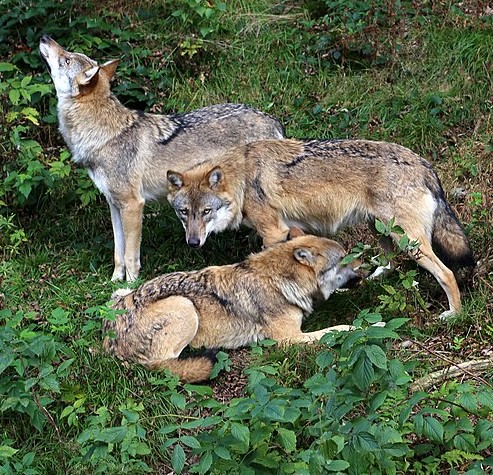Who will rescue these dogs?

Today, 850 million dogs go without homes, fending for themselves in the wildnerness (Center for Dog Research).
Stray Dog Rescue is a nonprofit, volunteer organization that captures and houses stray dogs. We believe that every dog deserves to live in comfort and dignity with a loving family.
To date, Stray Dog Rescue has housed over 60,000 strays across the continental United States. Our heroic volunteers dedicate nights and weekends to searching the wilderness for dogs and capturing them in big nets. The dogs are then shipped to our rehoming facility in Tuscaloosa, AL for processing.
Pictured: In a touching display of frienship, six stray dogs share a meal. Without owners, they must resort to eating what they find on the floor. Many strays spend their whole lives outdoors, never knowing the taste of kibble or the touch of a human being.
We're always looking for more volunteers. If you're interested in making a difference in your community, visit our About page for more details. You can also make a monetary contribution on our Donate page.


